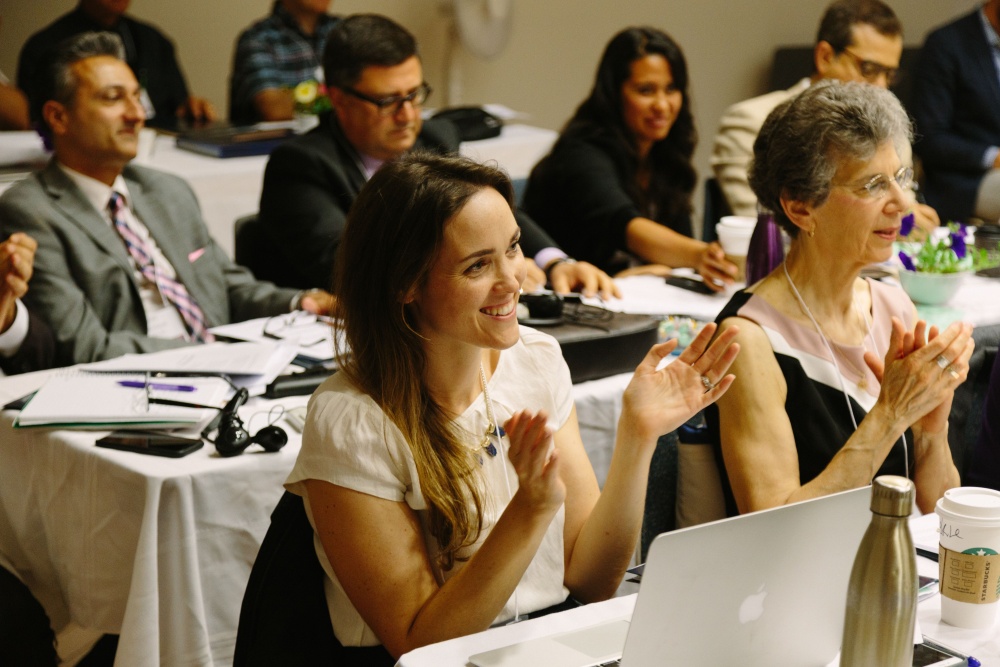In a contemporary society that often views political engagement as a prerequisite for societal change, the Bahá’í community stands apart. With a steadfast commitment to principles grounded in unity, justice, and the advancement of civilization, Bahá’ís intentionally refrain from partisan political activity. This principled decision stems from a rich tapestry of theological and philosophical foundations laid by Bahá’u’lláh, the founder of the Bahá’í Faith, and is pivotal to understanding the distinctive approach this community adopts toward governance and societal issues.
At the heart of Bahá’í teachings is the belief in the oneness of humanity. This core tenet elucidates that all people, regardless of their nationality, race, or creed, are part of a singular global family. Given this perspective, Bahá’ís perceive political affiliations—often defined by divisiveness and partisanship—as potentially detrimental to the overarching quest for unity. Such affiliations can engender conflict and foster an environment wherein loyalty to a political party supersedes allegiance to the collective well-being of humanity.
Moreover, Bahá’í principles advocate for the establishment of a global society characterized by justice and equity. The involvement in partisan politics may compromise this ideal, leading to the prioritization of special interests over the common good. Bahá’ís believe that a genuine commitment to social advancement necessitates an impartial approach to governance. Instead of aligning with any particular political ideology, Bahá’ís are encouraged to engage in constructive dialogue and collaborative initiatives that promote unity and peace among diverse factions.
The ethical framework of the Bahá’í Faith emphasizes the necessity of spiritual development. Engagement in politics, particularly in its more contentious forms, can often divert individuals from their spiritual responsibilities. Bahá’ís are called to cultivate virtues such as compassion, integrity, and honesty, qualities that can be undermined in the tumultuous arena of political conflict. The teachings assert that true transformation arises from personal growth and collective spiritual awakening rather than through the machinations of political discourse.
Additionally, Bahá’í teachings highlight the importance of consulting as a means of collective decision-making. The process of consultation is marked by a commitment to honesty, openness, and respect, enabling individuals to transcend personal biases. While political systems frequently emphasize majority rule or partisanship, Bahá’ís are encouraged to adopt a consultative approach that seeks consensus and values diverse perspectives. This shift in methodology fosters a constructive environment for decision-making grounded in unity rather than division.
Another salient aspect of the Bahá’í approach to politics derives from the acknowledgment that political systems are often transient and imperfect. The teachings of Bahá’u’lláh convey that the fundamental solutions to societal problems will not emerge from mere political machinations but from the adoption of higher principles. The establishment of a peaceful and just society rests not on the temporary resolutions provided by political entities, but on a profound commitment to spiritual and moral principles that transcend the limitations of human governance.
Further compounding this abstention from partisanship is the understanding that the realm of politics is inherently situated within the temporal confines of human institutions. In contrast, the Bahá’í Faith espouses the belief in a progressive revelation of divine guidance that transcends individual eras and cultures. Consequently, while political ideologies may shift with the tides of time, the principles espoused by Bahá’u’lláh present an enduring foundation for societal harmony. The Bahá’í community thus positions itself as a proactive force in advocating for justice and equality, thereby contributing to the evolution of human consciousness rather than merely participating in the cycles of political contention.
A particularly remarkable facet of the Bahá’í worldview is the assertion that humanity is on the cusp of a collective spiritual awakening. This paradigm shift holds the promise of transforming how societies function. Bahá’ís posit that genuine solutions to social issues will emerge from a collective recognition of shared values, transcending factional differences. Rather than embroiling themselves in political squabbles, Bahá’ís engage in activities that nurture communal bonds, facilitate understanding, and champion the advancement of education and social development.
One of the implications of this abstention from political involvement is the potential for Bahá’ís to contribute uniquely to societal discourse. By harboring a disengaged stance when it comes to partisan politics, Bahá’ís can act as mediums of reconciliation—fostering dialogue across socio-political divides. The Bahá’í community’s reliance on consultative processes allows for an unclouded exploration of complex social issues, paving the way for holistic solutions that embrace and honor various perspectives.
Ultimately, the Bahá’í commitment to abstaining from political involvement reflects a broader vision of fostering unity amidst diversity, emphasizing that true progress stems from collective spiritual enlightenment rather than political maneuvering. This perspective invites an exploration of how moral and ethical dimensions can redefine societal structures. As the world grapples with escalating conflicts and divisions, the Bahá’í approach offers a beacon of hope—illustrating that transcending political affiliations in favor of a higher purpose can lead to the emergence of a more harmonious existence.
In conclusion, Bahá’í teachings regarding political participation invite a profound introspection on the values that guide societal engagement. As the world moves towards greater integration, the lessons embodied in the Bahá’í community offer a paradigm shift in understanding how individuals can contribute to the betterment of society without succumbing to the divisive tendencies that characterize traditional political engagement. The commitment to unity, justice, and spiritual development stands as a compelling call for all to envision a future shaped not by conflict, but by a collective commitment to a higher purpose.
